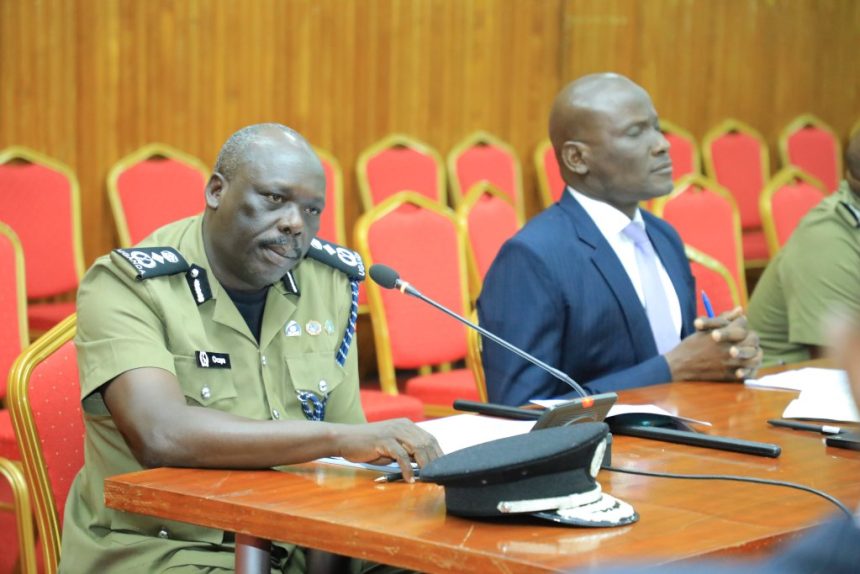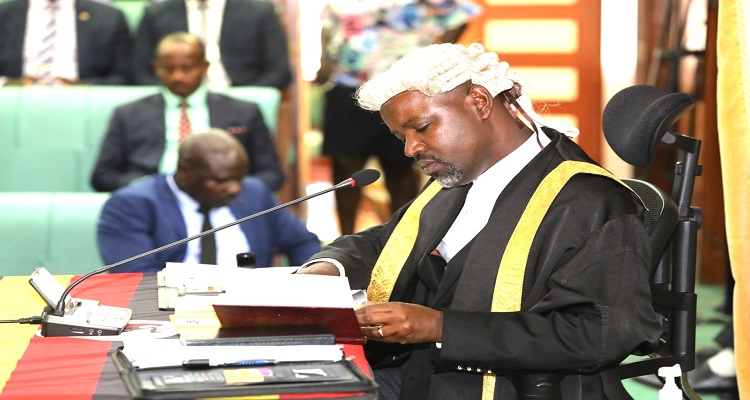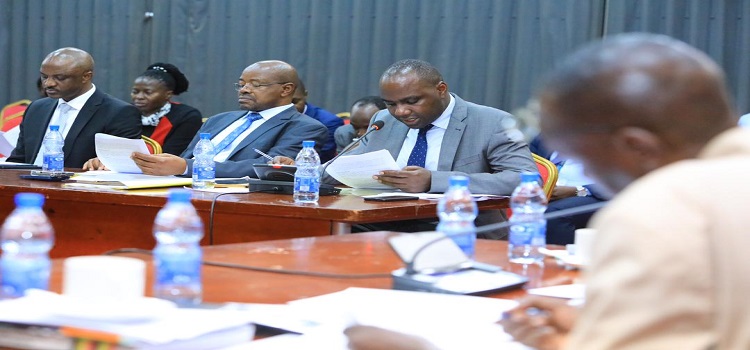The Uganda Police Force has raised alarms about its ability to enforce the Alcoholic Control Bill, 2023, following a joint parliamentary hearing on July 31. This hearing, led by Sylvia Nayebare from the Trade Committee and Joseph Ruyonga from the Health Committee, focused on the implementation challenges of the bill.
Moses Byaruhanga, Director of Police Health Services, admitted to lawmakers that the police currently lack the capacity to enforce the new regulations. This revelation came during questioning from MPs about the feasibility of the bill’s demands.
Sylvia Ayebare, a Member of Parliament, questioned Deputy Inspector General of Police James Ocaya about the police force’s ability to manage the additional responsibilities if the bill is enacted. She highlighted the existing strain on police resources and asked whether they could handle the increased workload.
In response, Ocaya proposed a sub-county police model to address the enforcement challenges. He suggested that each sub-county should have at least 18 officers from various departments, including CID, General Duty, and Forensics. He also recommended equipping these officers with communication systems and motorcycles to enable continuous patrols and community reporting.
Ocaya explained that with approximately 2,184 sub-counties in Uganda, having a sufficient number of officers and motorcycles would make monitoring and regulating bars more manageable. However, this proposal faced criticism from several MPs.
Richard Muhumuza Gafabusa questioned the feasibility of the sub-county model, noting that implementing it would require over 39,000 officers. He pointed out that the current police force consists of about 47,000 members, with 3,000 more in training, making the proposal seem impractical given the existing manpower constraints.
Margret Ayebare also expressed concerns, citing the shortage of police officers in her district. She noted that her district has only 85 officers in total, far fewer than the 18 per sub-county that Ocaya proposed. Ayebare criticized the model as unrealistic and mentioned that attempts to address the manpower shortage with police leadership had been unsuccessful.
Despite Ocaya’s assurances of readiness, Byaruhanga’s comments suggested that the police are still in the process of building their capacity. He acknowledged the current limitations and expressed a commitment to improving the situation.
Police Endorse Limited Alcohol Sales Hours, Seek Higher Taxes on Bars
The Uganda Police Force has supported a proposal to restrict the hours during which alcohol can be sold, while also recommending that Parliament implement higher taxes on bars. This measure aims to manage the proliferation of bars across the country and promote alcohol consumption at home.
James Ocaya, Deputy Inspector General of Police, presented these recommendations during his appearance before Parliament’s Joint Committee on Health and Trade. He was providing the police force’s input on the Alcoholic Drinks Control Bill 2023, which was introduced in August 2023 by Sarah Opendi, the Tororo District Women Representative.
Ocaya’s proposal seeks to strengthen the bill by addressing the increasing number of bars and encouraging a shift towards home consumption of alcohol. The higher taxes are intended to deter the establishment of new bars and manage the existing ones more effectively.




















